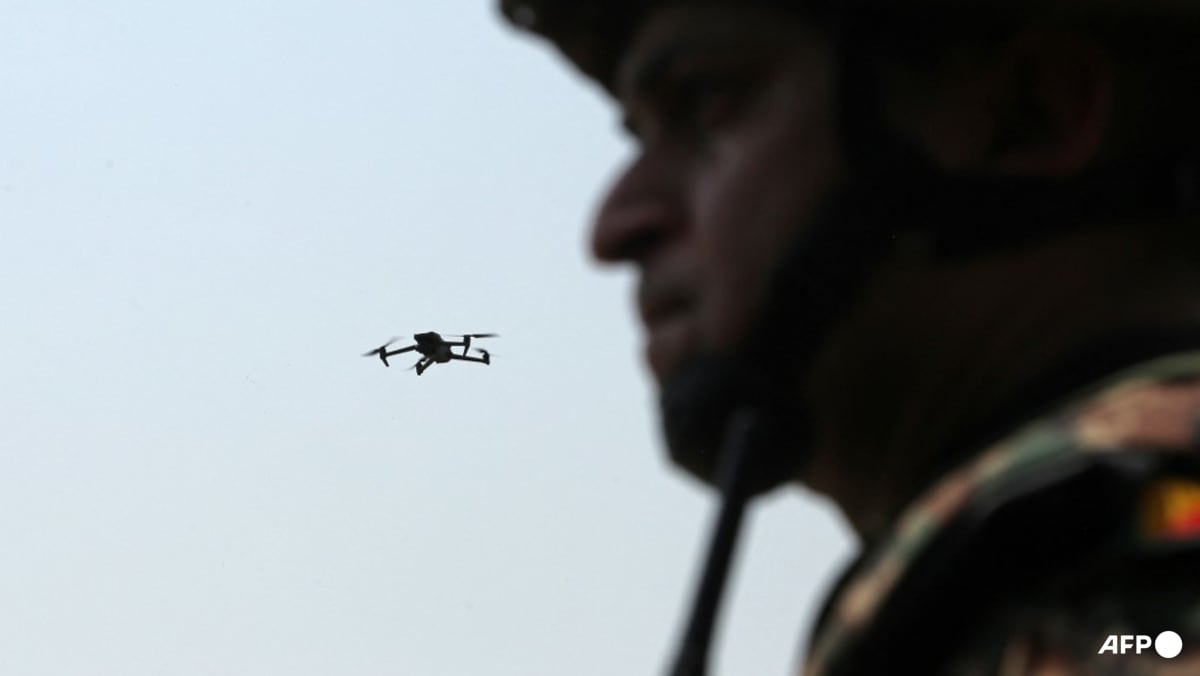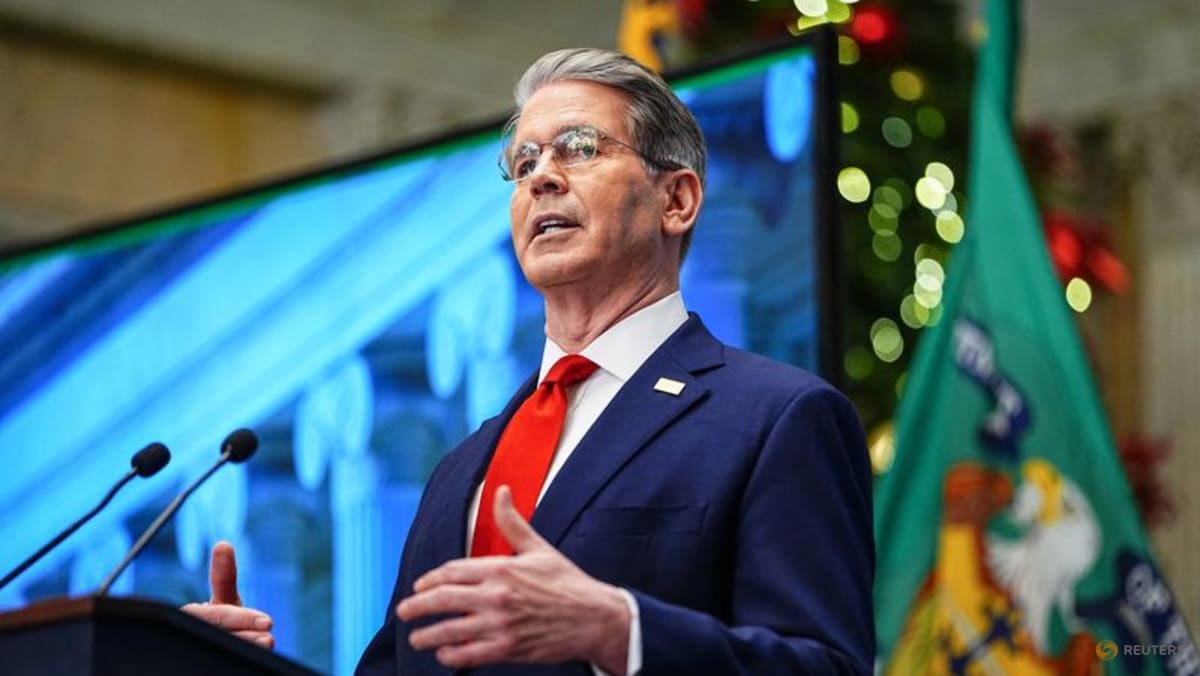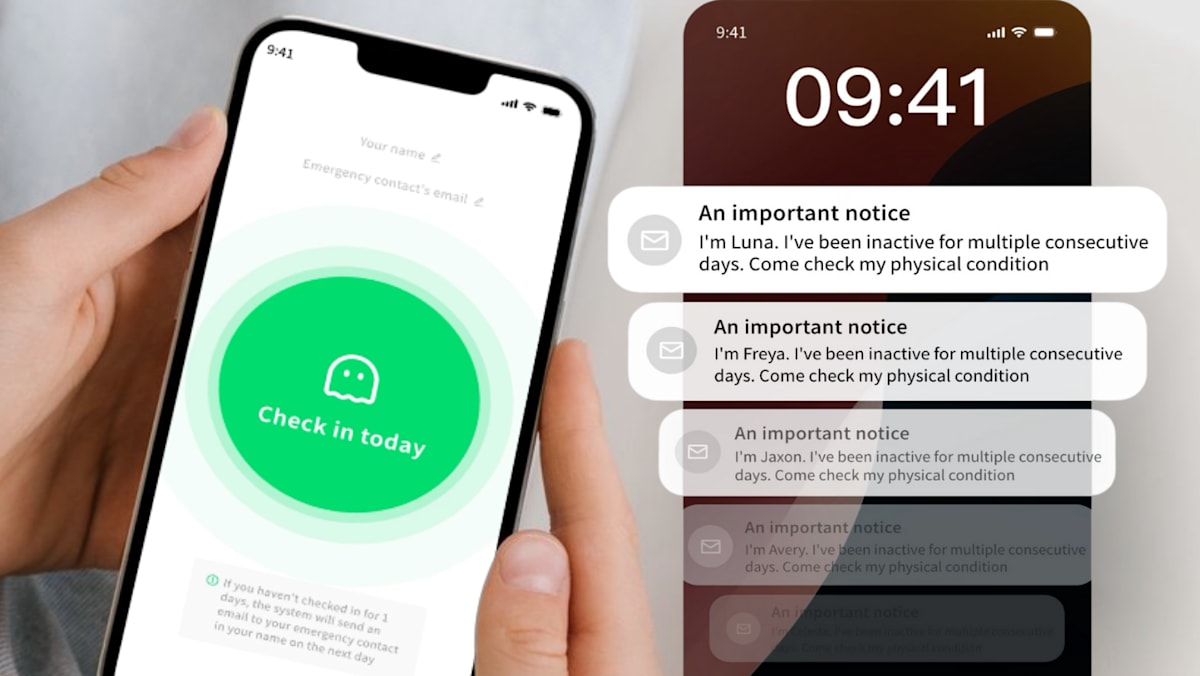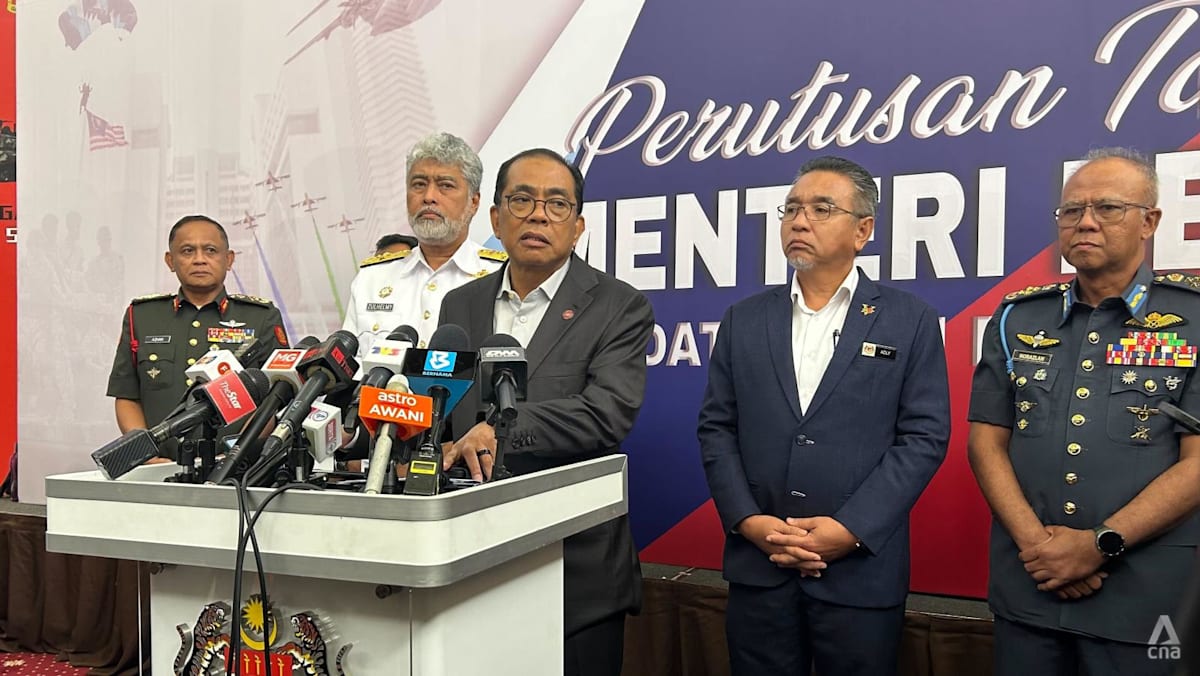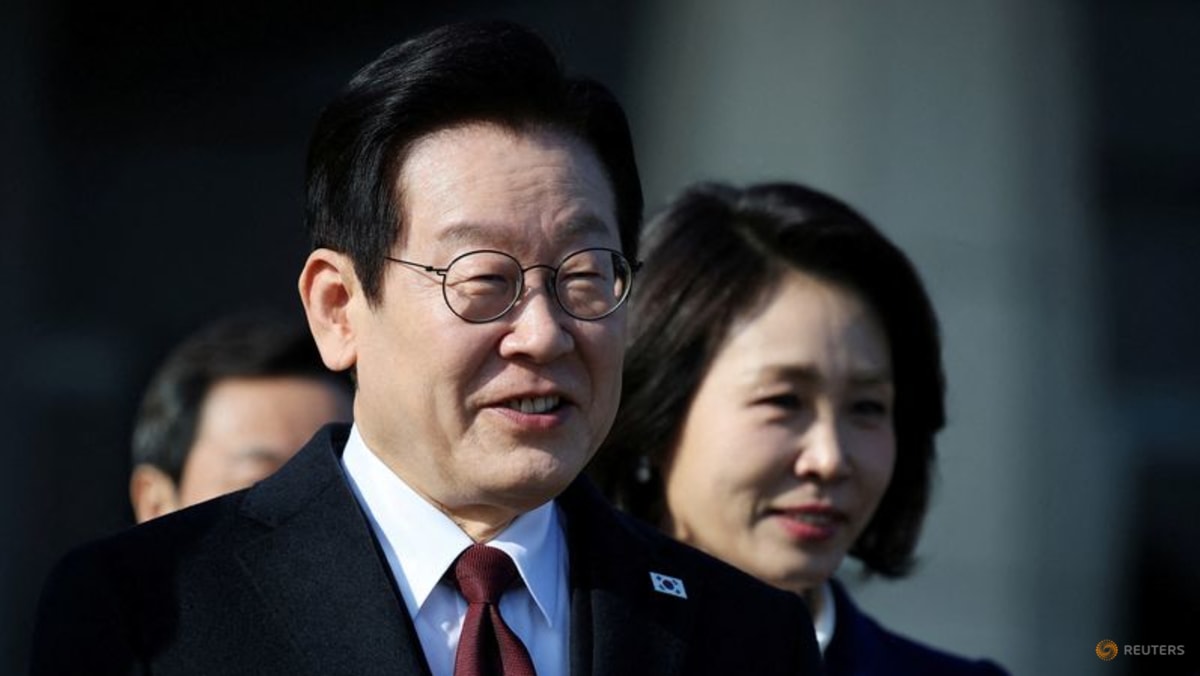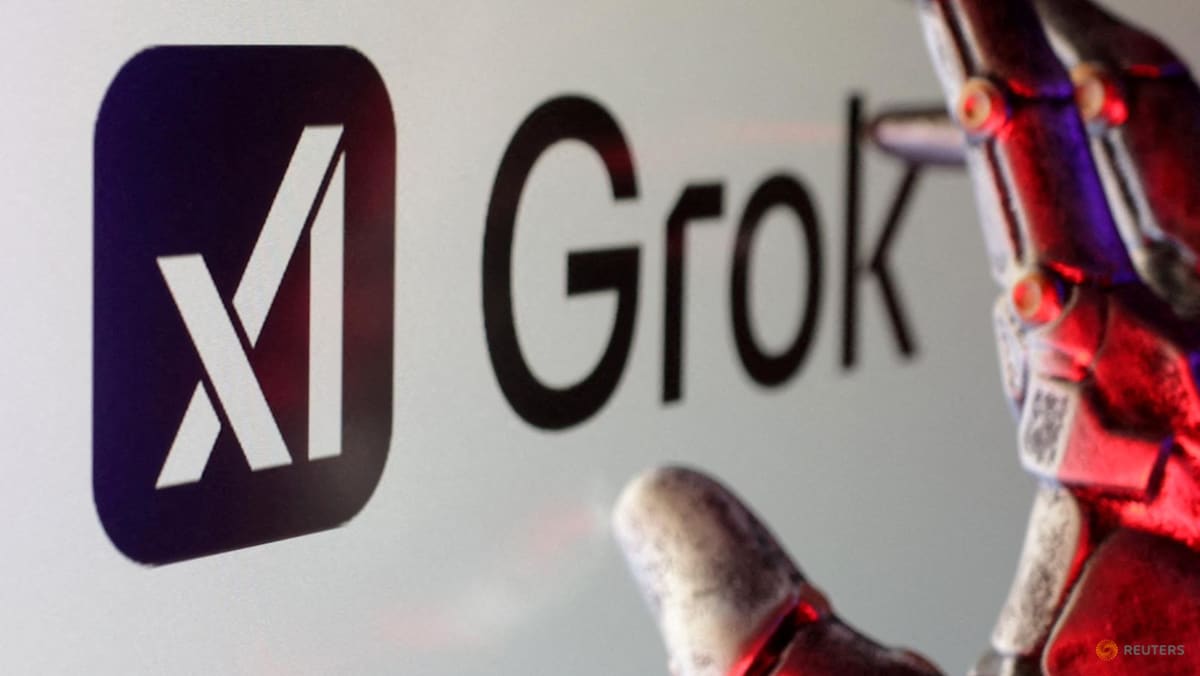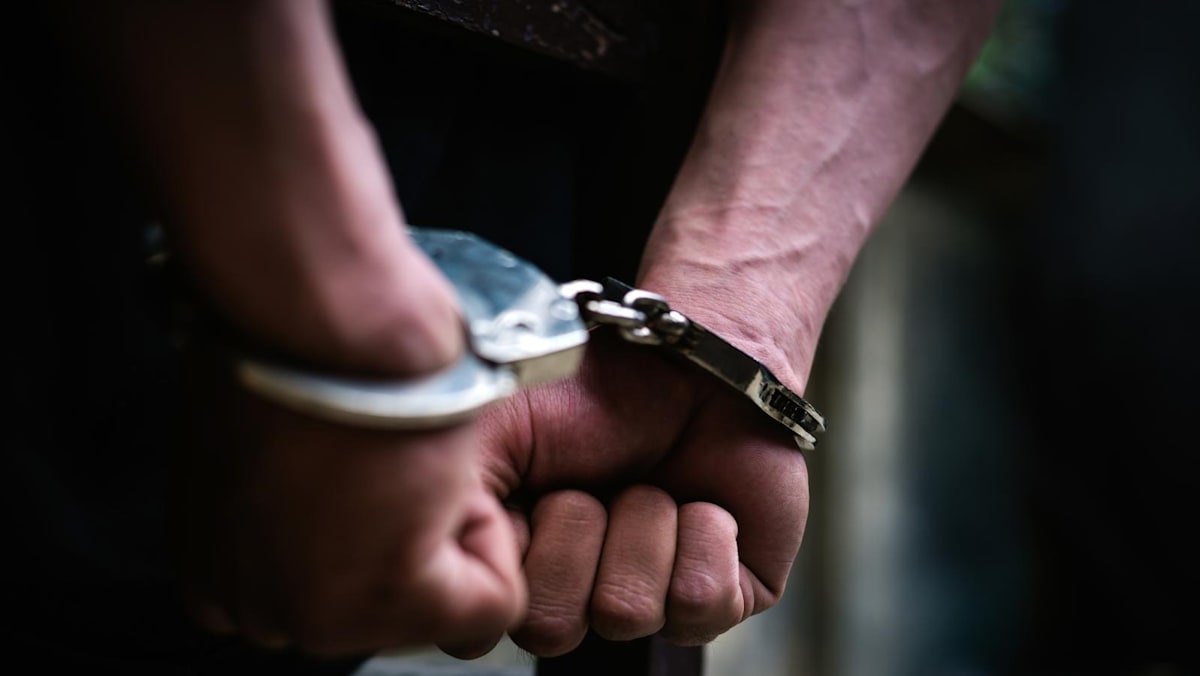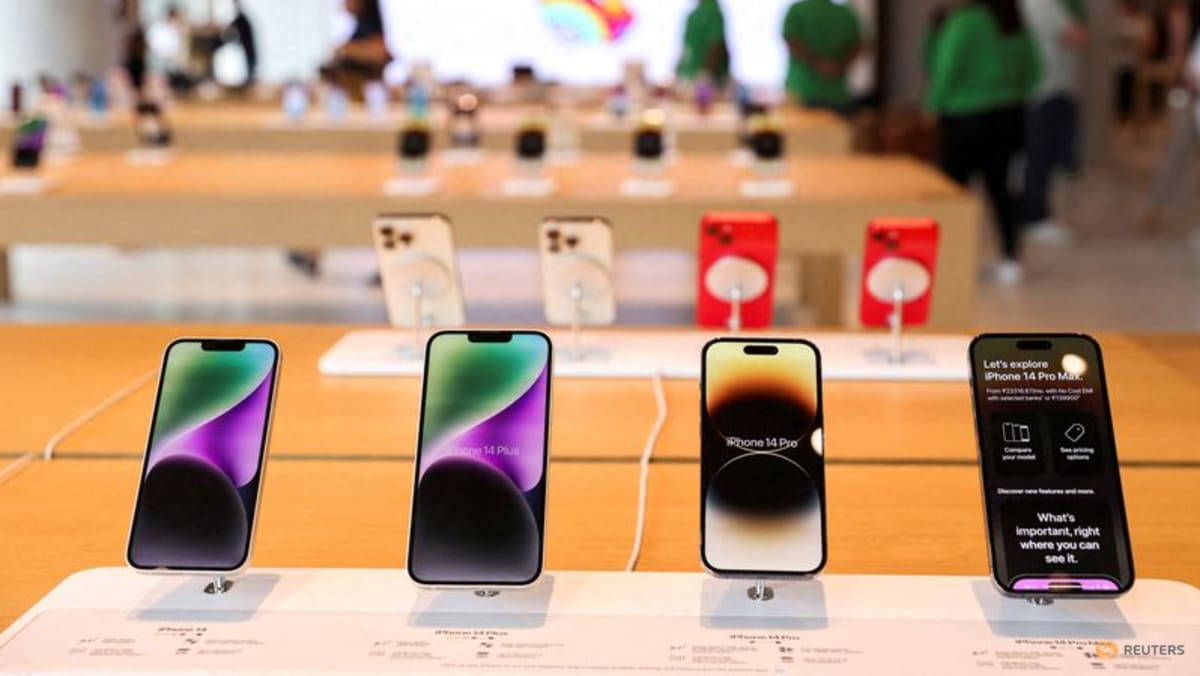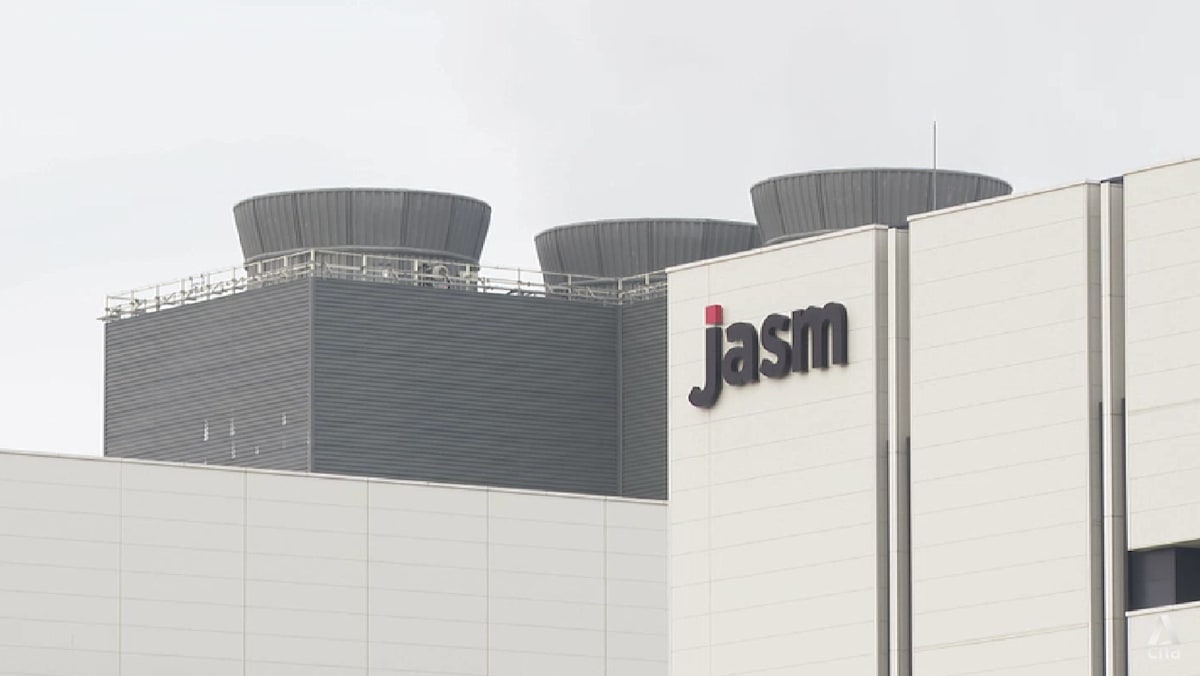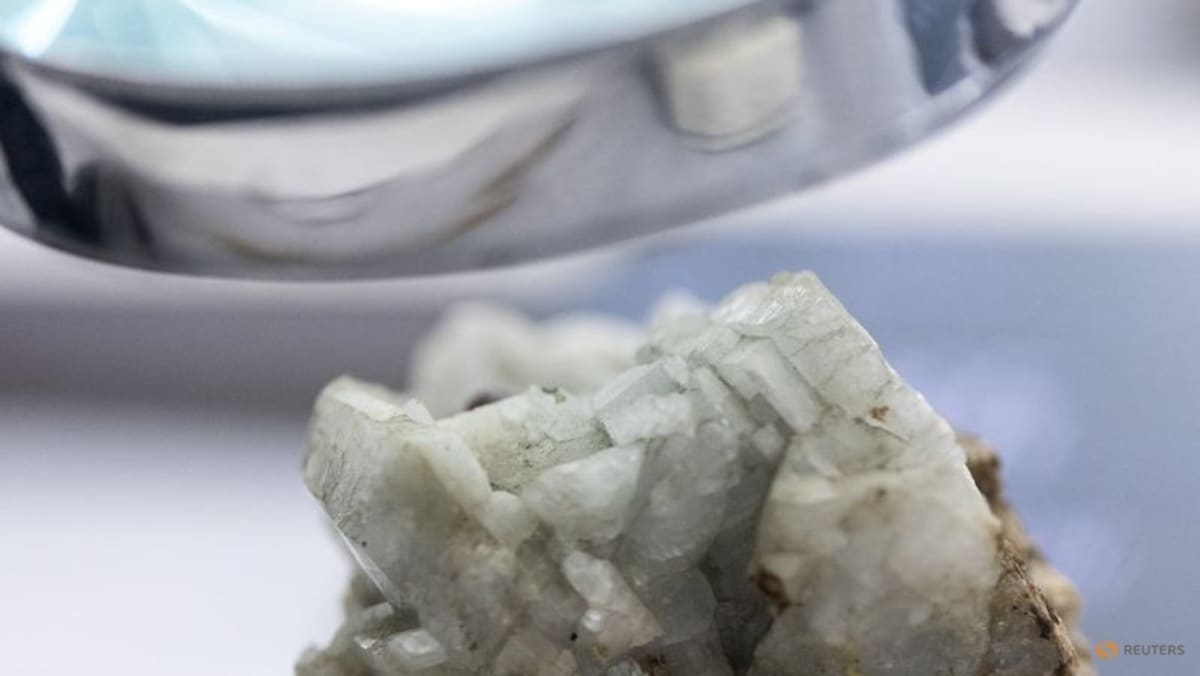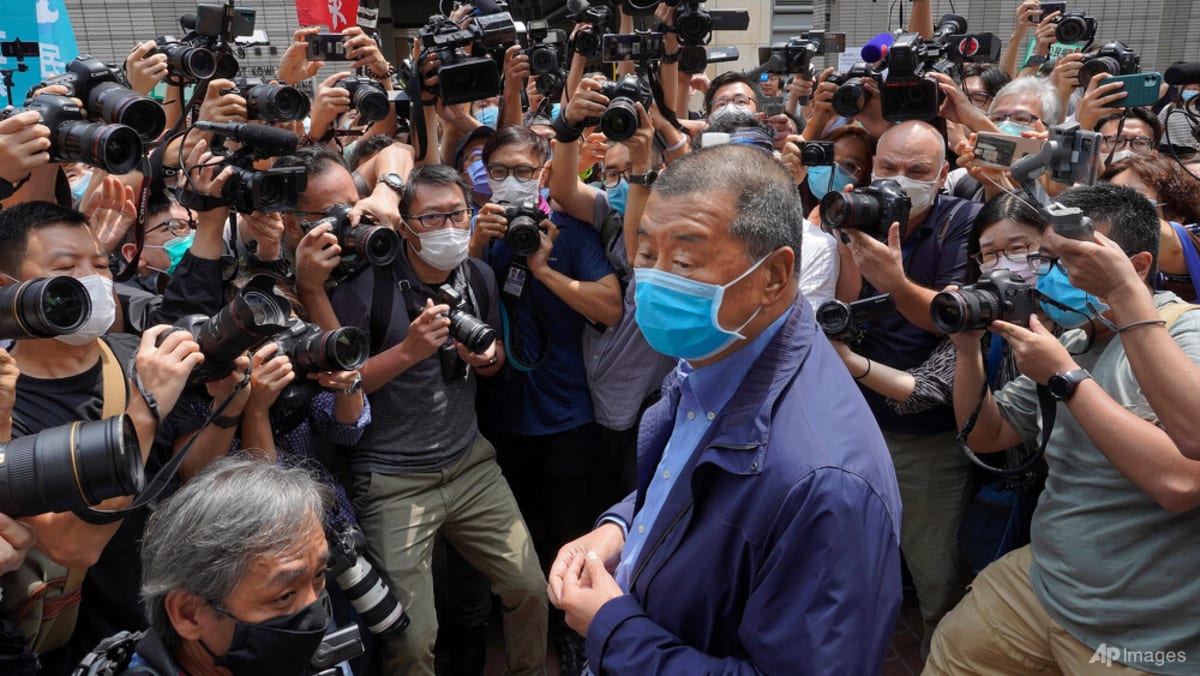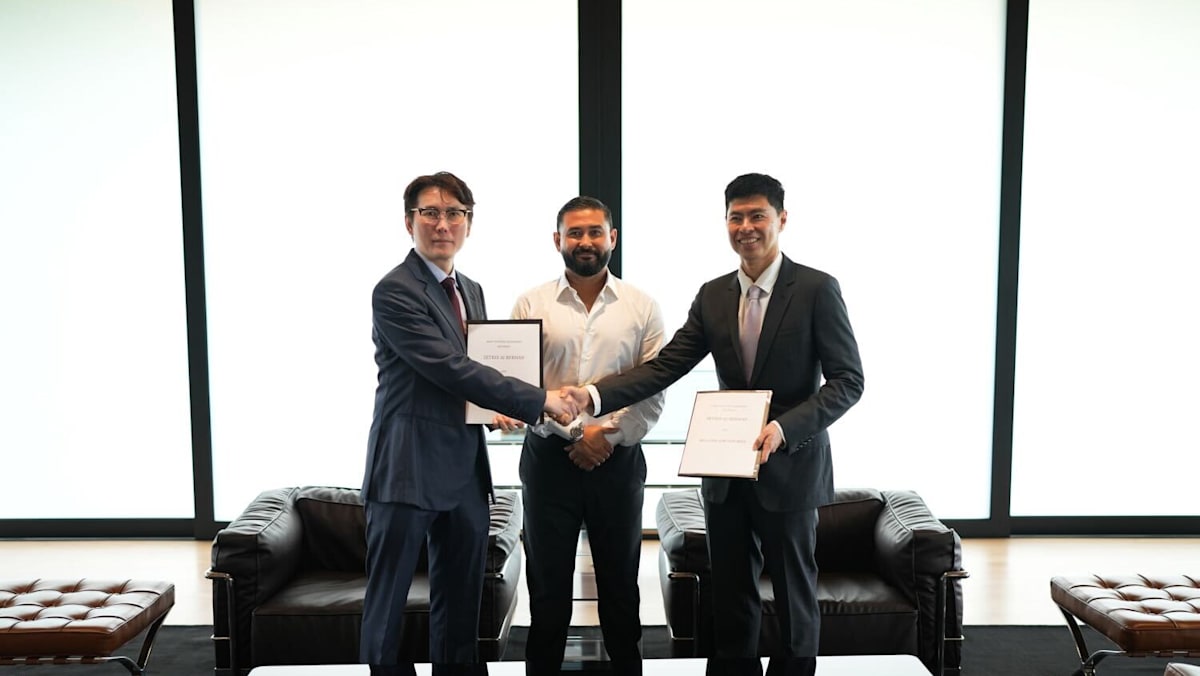Commentary: Are US-Vietnam relations ready for a strategic partnership upgrade?
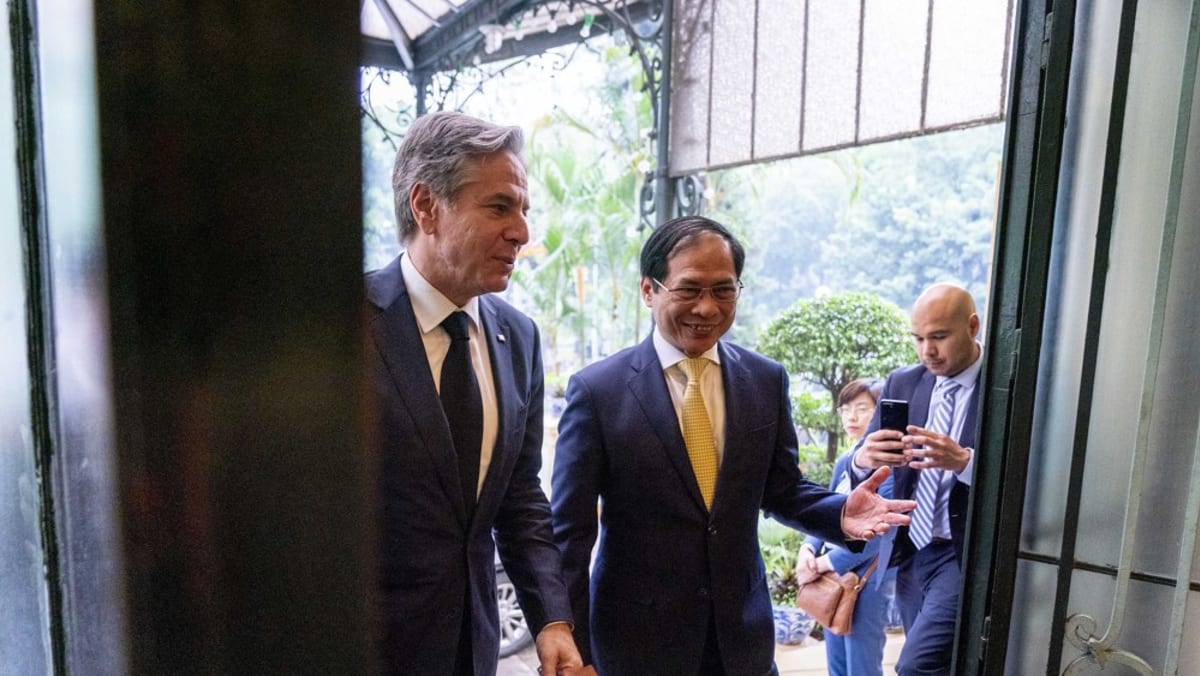
TREADING CAREFULLY
For Vietnam, ideological differences within the VCP may negatively influence the decision, particularly as the conservative faction seems to have gained traction in recent years. Externally, Vietnam must be careful not to anger China or be perceived as siding with the US in containing its neighbour.
While Trong’s visit to Beijing in October 2022 may have helped to ease some of these concerns, Vietnam will still need to tread carefully in managing its relations with both powers.
For Washington, forming a “strategic partnership” with a Communist country with a poor human rights record could be contentious for Biden’s administration, particularly as the 2024 US presidential election approaches. Just hours before Blinken’s arrival in Hanoi, the US State Department criticised Vietnam for jailing a prominent democracy activist to six years in prison.
That said, Washington’s increasingly positive stance towards Vietnam’s political system has eased Hanoi’s doubts about its serious intention for rapprochement.
Trong’s unprecedented visit to the White House in 2015 and recent high-level exchanges such as the phone call between Biden and Trong last month, demonstrate Washington’s recognition of the VCP and its general secretary as key players in Vietnam’s decision-making process and bilateral ties, thereby partly allaying Hanoi’s concerns that Washington is seeking to undermine the VCP’s rule through its alleged “peaceful evolution” scheme.
According to the VCP propagandists, “the West” has sought to weaken and ultimately destroy the Vietnamese communist rule by instigating gradual and non-violent changes within the country.
An upgrade to a strategic partnership will undoubtedly facilitate deeper military and economic cooperation. From the Vietnamese perspective, this upgrade could signal an end to restrictions in cooperation, opening up the possibility of expanding collaboration in hitherto sensitive areas such as technology transfer, defence cooperation, and intelligence sharing.
A move towards a strategic partnership further entails the cultivation of “strategic trust”, which would establish a solid foundation and instil confidence in Vietnamese policy makers to pursue more varied and expansive cooperation with Washington.
Militarily, the US and Vietnam have incrementally bolstered their cooperation, with a particular focus on maritime security. Although still limited in scope, the US has provided Vietnam with essential military equipment and training to enhance the latter’s maritime capabilities. This was evidenced by the handover of two Hamilton-class cutters to Vietnam in 2017 and 2021, with a third transfer in waiting, and the anticipated delivery of 12 new training aircraft between 2024 and 2027.
Moreover, the lifting of the US embargo on lethal arms sales to Vietnam in 2016 created a new avenue for Vietnam to purchase US weapons to diversify its arms supplies away from Russia. Following Vietnam’s defence expo in December 2022, major American defence firms, including Lockheed Martin and Boeing, were reportedly in talks with the Vietnamese government about potential helicopters and drones sales.
Source: CNA


